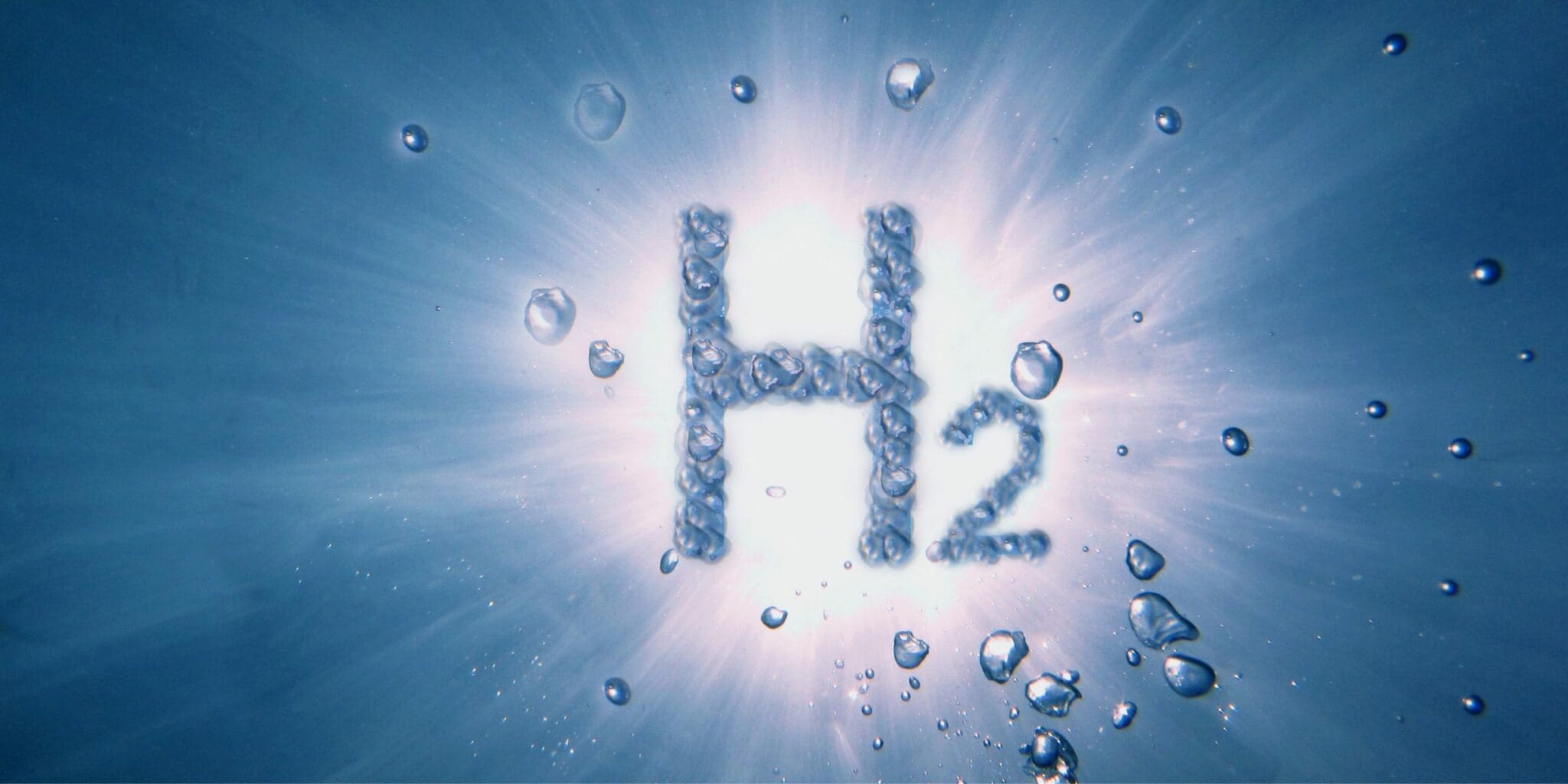Carbon emissions, Global warming and the UK’s Net zero carbon target.
With the UK Government banning the installation of gas and oil boilers in all new homes by 2025, highlights the detrimental effects of using fossil fuels on the environment. As a country, we have depended on fossil fuels for centuries, and this sudden ban has left people frantically looking to upgrade their outdated heating.
Recently, hydrogen has propped up as an alternative for homes heated by gas and oil boilers. But on account of it being a relatively new concept, people are uncertain whether Hydrogen boilers are the future of domestic heating and car-charging. Although hydrogen is a much cleaner fuel to heat your homes, there are numerous reservations about this concept: Are Hydrogen boilers safe? Is Hydrogen efficient? Is Hydrogen cost effective?
Types of hydrogen and how do we extract it?
Grey hydrogen: This is made with natural gas, which when heated reacts with steam to produce hydrogen (and significant carbon emissions). This is how most of the world’s hydrogen is currently produced.
Blue hydrogen: Blue hydrogen production is similar grey hydrogen, but the resulting carbon emissions are stored underground – a process known as carbon capture and storage. Some “fugitive” emissions will still escape, but it is a greener process than grey hydrogen production.
Green hydrogen: This is the greenest way of producing hydrogen. It works by using electricity to power a process of electrolysis, where water is separated into hydrogen and oxygen. However, hydrogen produced this way is up to three times more expensive compared to grey hydrogen and requires large amounts of electricity.
Advantages of Hydrogen energy
- Hydrogen is a renewable source of energy unlike fossil fuels; hence we cannot run out of it. It is a great source of energy- it is all around us. Hydrogen is also non-toxic and does not pose a risk to the health of humans, unlike natural gas and nuclear energy.
- Hydrogen is highly concentrated with energy and has a great amount of power. It is approximately 3 times more powerful than other fossil fuels. On account of hydrogen being such a powerful energy source, it is now being tested to fuel aircrafts and spaceships.
- Hydrogen is also a clean energy source. It has no harmful by-products released into the atmosphere. During the process of electrolysis to create hydrogen, water is the main by-product.
Disadvantages of Hydrogen energy
- Hydrogen is difficult to store. Hydrogen must be compressed into a liquid in order to be stored, as it is a much lighter gas than gasoline. It also has to be stored at a low temperature. The immense amount of pressure required to store hydrogen is what makes it difficult to transport (especially in larger quantities).
- Hydrogen is volatile and can be a dangerous fuel. Hydrogen is highly flammable and does not have any natural smell to indicate if there is a leak. As mentioned before, Hydrogen has a great energy content, which makes it a very volatile fuel, and numerous precautionary measures need to be taken to minimize risks of handling this fuel.
- Hydrogen is expensive to produce. As stated earlier, the types of hydrogen we need to produce for home heating are blue and green. And ideally, we need to push for green hydrogen, which is the cleanest form of hydrogen that we can produce. It has no fugitive emissions and has a safe and re-usable by-product: water. In order to produce this type of hydrogen, large amounts of electricity is required to undergo the process of electrolysis. Hence mass-producing hydrogen using this method would be wasteful and not sustainable.
Recent research: Hydrogen – a viable option?
In order to create minimal disturbance and upheaval in the UK heating industry (consumers included), a great amount of research is being conducted on the viability of hydrogen as a fuel for domestic heating. Using the existing gas-network pipelines is a plus, but the disturbance ‘Net Zero Carbon’ will cause inevitable. Although, this is a change is for the betterment of our own lives and planet as a whole.
Recent research conducted by Germany’s Potsdam Institute of Climate Impact Research has deemed hydrogen too expensive and inefficient for the domestic heating industry. Hydrogen is one of the most abundant elements in the atmosphere, but it usually comes bonded to another element. Producing zero carbon hydrogen from water – so-called ‘green hydrogen’ – is currently expensive and requires a large amount of electricity.
For most sectors, including home heating and cars, it would be cheaper and greener to use electricity directly, the researchers say. That is because making hydrogen to power a car or heat a home generally requires much more electricity than simply running an electric car or using electric heating solutions.
Taking all the factual research and evidence into account, Hydrogen seems to only provide a fragile climate benefit. In the UK, our share of electricity being generated by renewables, has increased over 20% over the last 5 years. Seeing such an immense progress over such a short period of time, we could soon enjoy 100% renewable electricity in our homes. From an unbiased standpoint, fairly-priced renewable electricity sure does seem like the future.
- How Much Does It Cost To Switch: Gas to Electric Heating? - December 1, 2021
- Fischer Reviews - January 12, 2022
- The Future is Electric, The Future is Fischer… - January 26, 2022
